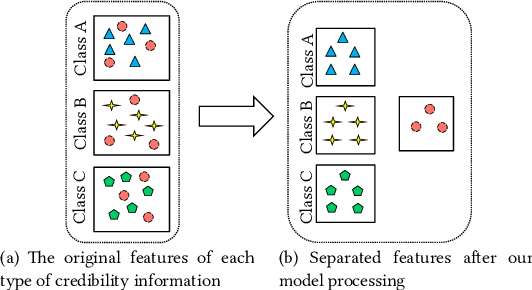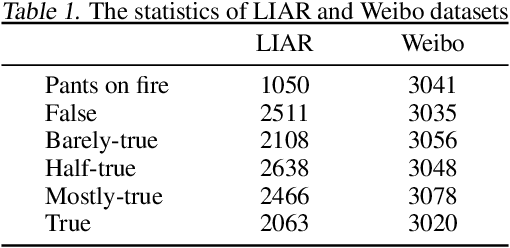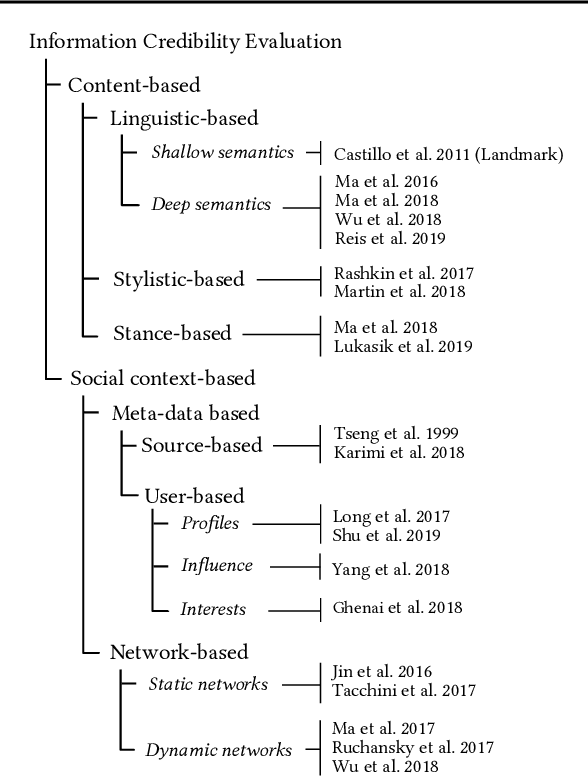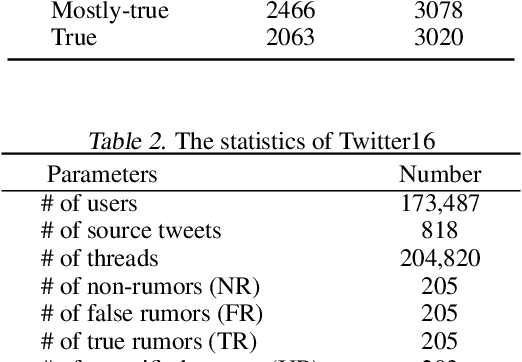Discovering Differential Features: Adversarial Learning for Information Credibility Evaluation
Paper and Code
Sep 16, 2019



A series of deep learning approaches extract a large number of credibility features to detect fake news on the Internet. However, these extracted features still suffer from many irrelevant and noisy features that restrict severely the performance of the approaches. In this paper, we propose a novel model based on Adversarial Networks and inspirited by the Shared-Private model (ANSP), which aims at reducing common, irrelevant features from the extracted features for information credibility evaluation. Specifically, ANSP involves two tasks: one is to prevent the binary classification of true and false information for capturing common features relying on adversarial networks guided by reinforcement learning. Another extracts credibility features (henceforth, private features) from multiple types of credibility information and compares with the common features through two strategies, i.e., orthogonality constraints and KL-divergence for making the private features more differential. Experiments first on two six-label LIAR and Weibo datasets demonstrate that ANSP achieves the state-of-the-art performance, boosting the accuracy by 2.1%, 3.1%, respectively and then on four-label Twitter16 validate the robustness of the model with 1.8% performance improvements.
 Add to Chrome
Add to Chrome Add to Firefox
Add to Firefox Add to Edge
Add to Edge